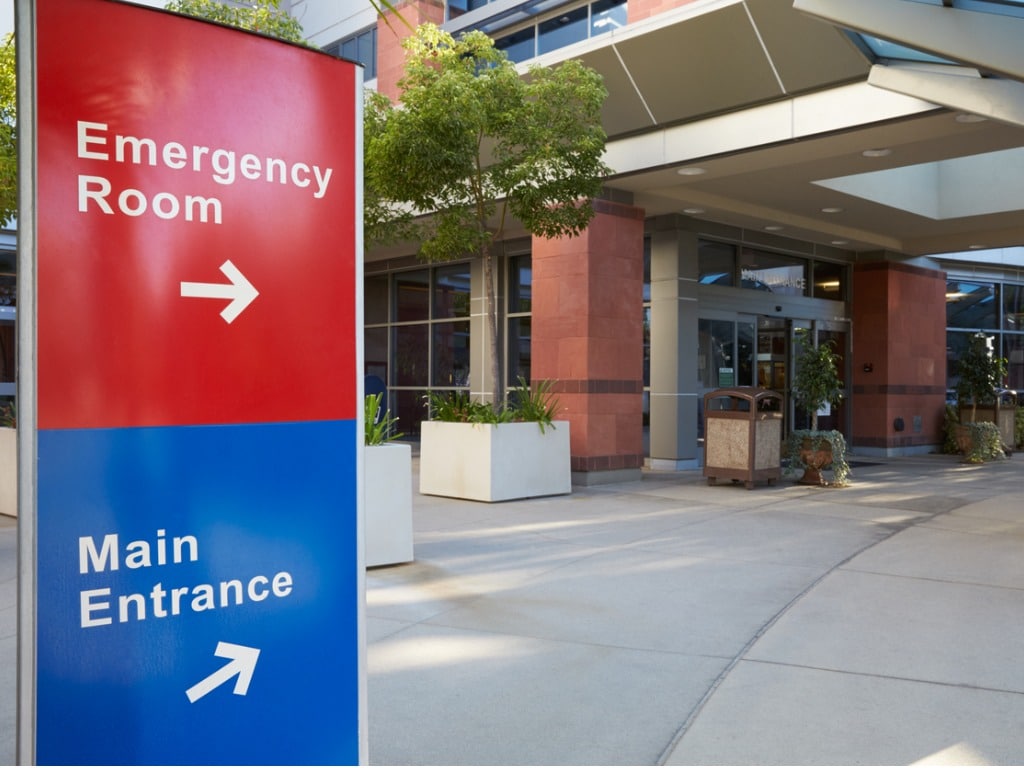The U.S. Department of Justice (DOJ) intervened in a case filed under the qui tam, or whistleblower, provisions of the False Claims Act. According to the press release, several individuals and entities are included in the DOJ’s complaint, which makes allegations of False Claims Act, Anti-Kickback Statute, and Stark Law violations.
The government alleges that “laboratory executives and employees at True Health Diagnostics LLC (THD) and Boston Heart Diagnostics Corporation (BHD) allegedly conspired with small Texas hospitals, including Rockdale Hospital dba Little River Healthcare (LRH), to pay doctors to induce referrals to the hospitals for laboratory testing, which was then performed by BHD or THD.” The complaint claims that “the hospitals paid a portion of their laboratory profits to recruiters, who in turn kicked back those funds to the referring doctors.”
The alleged scheme took the form of recruiters setting up management service organizations (MSOs) “to make payments to referring doctors that were disguised as investment returns but were actually based on, and offered in exchange for, the doctors’ referrals.” The DOJ alleges that executives from BHD and THD, as well as sales force employees, “leveraged the MSO kickbacks to doctors to increase referrals and, in turn, their bonuses and commissions.”
Additionally, the U.S. alleges that “the laboratory tests resulting from this referral scheme were billed to various federal health care programs, and that the claims not only were tainted by improper inducements but, in many cases, also involved tests that were not reasonable and necessary.” The complaint also alleges that “LRH falsely billed the laboratory tests as hospital outpatient services” to increase reimbursement.
Some THD employees, including the company’s CEO, are alleged to have “participated in schemes to pay other forms of kickbacks.” These kickbacks include “processing and handling fees to draw site companies,” “monthly fees to a top-referring doctor, disguising the payments as consulting fees for participating in THD’s advisory board, even though no such board actually existed at THD,” and “waiving patient copayments and deductibles meant to ensure that patients share in, and have an interest in controlling, the amounts billed to federal healthcare programs.” Allegedly, the kickbacks “were paid to induce referrals to Medicare, Medicaid and TRICARE for laboratory testing, including laboratory tests that were not reasonable and necessary.”
The press release includes a complete list of the defendants in the complaint.
This case stemmed from a qui tam lawsuit filed by STF LLC, “whose members are Dr. Felice Gersh M.D. and Chris Riedel.” Under the qui tam provisions of the False Claims Act, private citizens are able to file lawsuits on behalf of the government if they know of an individual or company defrauding the government. Qui tam whistleblowers are eligible to receive between 15 and 30% of the government’s recovery, if one occurs. The government also has the option to intervene in qui tam lawsuits, as it did in this case.
“The Department of Justice is committed to holding accountable individuals and entities who commit and profit from healthcare fraud,” said Principal Deputy Assistant Attorney General Brian M. Boynton, head of the Justice Department’s Civil Division, in the press release. “We will continue to pursue those who enter into unlawful financial arrangements that waste taxpayer dollars, improperly influence healthcare providers’ medical judgments and subject patients to unnecessary testing or other services.” Kickback schemes, which are outlawed by the Anti-Kickback Statute, erode trust in the healthcare system as decisions could be made that prioritize profits over the health of patients.
The False Claims Act in 2021
The DOJ released data from FY 2021 about the False Claims Act and whistleblower lawsuits. Health care fraud was strongly represented in the agency’s False Claims Act settlements and judgments, and there were several settlements involving healthcare providers and companies who paid totals in the millions of dollars to settle allegations of False Claims Act violations. Several of these cases stemmed from qui tam cases.
In FY 2021, whistleblowers helped the DOJ recover $1.6 billion in settlements; however, “the DOJ only paid out $237 million to whistleblowers, the lowest single-year total since FY 2008,” WNN reports. Whistleblower attorney Stephen M. Kohn said that the FY 2021 totals “reflect a troubling trend in recent years…The DOJ has begun to treat whistleblowers like second-class citizens. It routinely throws out strong whistleblower cases without just cause. While the SEC and CFTC are making great strides forward with their whistleblower programs, the Justice Department is in reverse.” Read the full article about the False Claims Act in FY 2021 here.
